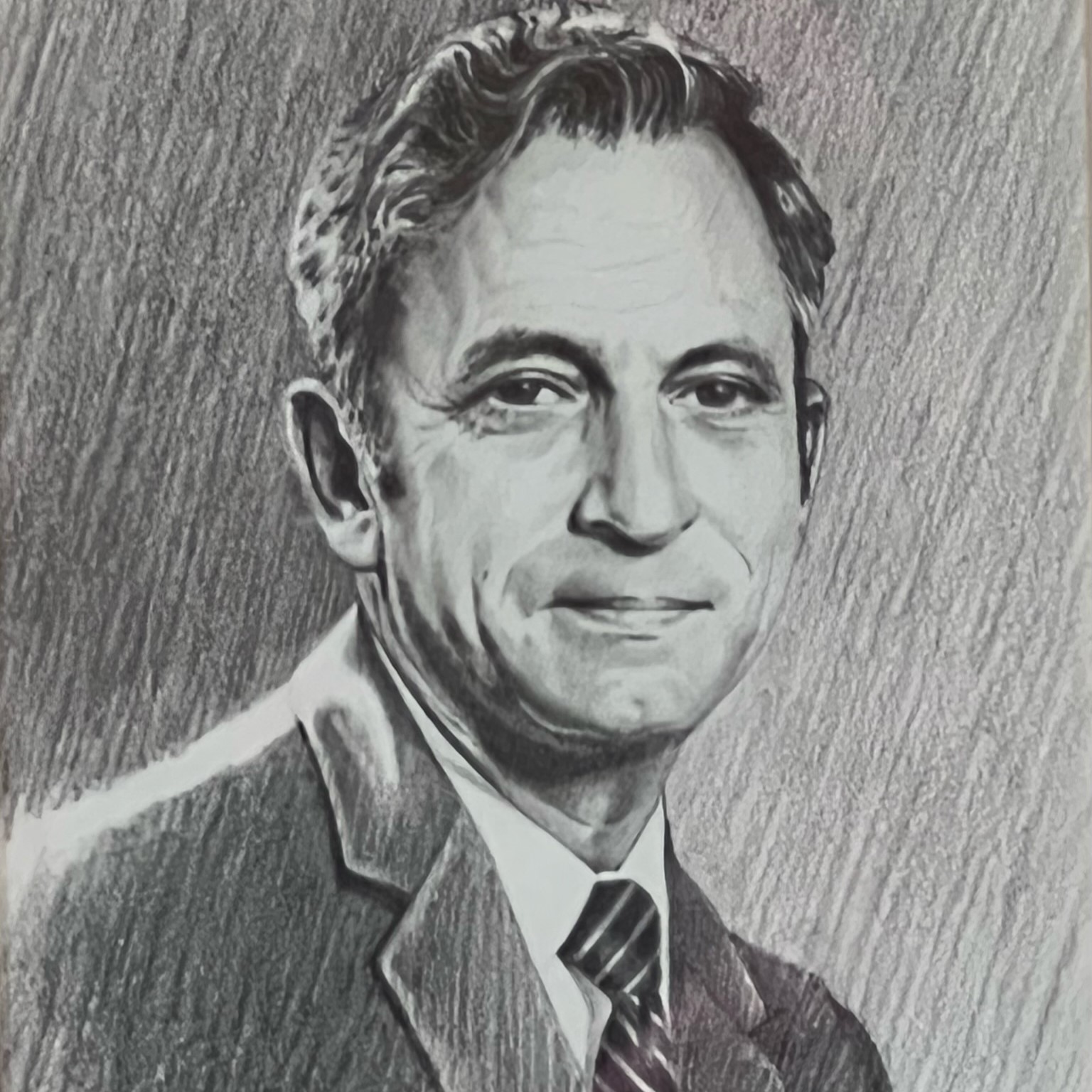An Excerpt from “Country Church and College Town”
Chapter 5, Pages 130 – 133

Pastor of Fort Hill from 1954 – 1974
“During 1954, Fort Hill searched for five months for a pastor to replace the retired Reverend Crouch. On 9 November, the Reverend Mr. Charles Henry Raynal, Jr. accepted the church’s call. Born in Statesville, North Carolina on 6 May 1915, he had graduated from Davidson College and Union Seminary in Richmond, Virginia.
After serving briefly as pastor of a church in Gloucester, Virginia, he served on active duty in the Pacific theater and then worked during World War II as a chaplain in the navy. Between 1946 and 1949, he served as pastor in Fountain Inn, South Carolina, and after 1949 at Manning Presbyterian Church. Raynal had a low-key personality and was not as dynamic as Sydney Crouch, but he was respected as a scholar of the Bible and gave powerful sermons.
Pastor Raynal took over a church which, while growing in members and enjoying no financial indebtedness for the first time since its origins, nevertheless seemed undecided about its future. Two principal issues faced the congregation: expansion of the church’s physical facilities, particularly for education; and increasing the church’s commitment to campus ministry, whose demands rose continuously because of Clemson College’s burgeoning enrollments.
From an economic standpoint, the Fort Hill church had never been more stable. For example, during 1953, the Session had requested $3,600 from the congregation and received $3,465; that year, weekly benevolences averaged $15 per member, the seventh highest average in the Presbytery of the Piedmont. The church’s 284 members contributed enough to operate the church and its programs, something the church had not achieved since its earliest years. The Synod of South Carolina paid the salary of the campus minister, while the congregation, still supplemented by Clemson College, paid the salary of the pastor.
Shortly before Raynal arrived, the church had started an ambitious three-year fund-raising drive to expand its physical plant. The Session had discussed many ideas, including the construction of a new sanctuary or a recreation hall and the necessity for more office space. But the elders were unable to decide what the church needed or wanted most. A survey by the Board of Deacons, or Diaconate, indicated that a large majority of the congregation believed it unwise to build anything until the church possessed sufficient funds. Moreover, the deacons’ effort to collect pledges for the building fund met with disappointing results. The Diaconate, at its meeting in February 1957, announced that few of the pledges had met their three-year commitment. The deacons thus asked new church members to make pledges and those members who had already contributed to extend their commitments for two more years…”
To read more about Reverend Charles Henry Raynal Jr., download the “Country Church and College Town” PDF.


Comments are closed